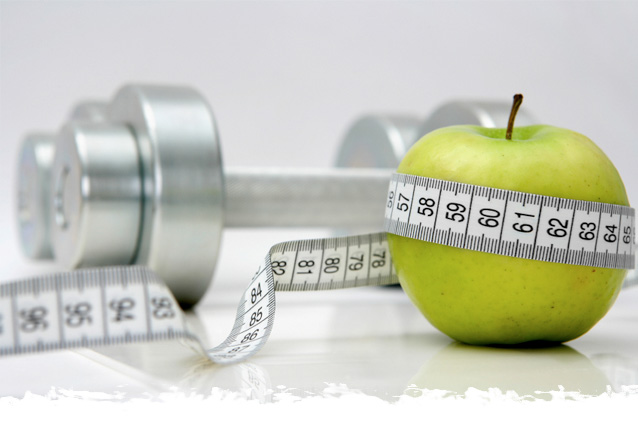For those lucky ones, sleep comes seconds after laying their heads down on the pillow.
For the rest of us, sleep can be a love-hate relationship. We love it when it happens quickly and easily, but hate it when we lie in bed for hours, tossing and turning, waiting for the Sandman to arrive.
As we age, we require less sleep than we did as growing adolescents. The amount of sleep we need every night is very individual – some may get by night after night on only four hours and feel refreshed and sharp in the morning, while other may need nine or even ten hours to feel fully recuperated.
Insomnia may occur due to a variety of reasons – either physiological or psychological, and is defined as difficulty initiating and/or maintaining sleep associated with impairments of daytime functioning or marked distress for more than one month.
Often, once we remove the initial underlying cause (i.e. hypoglycemia, hormonal imbalance, elevated cortisol), the insomnia persists. This is because insomnia is a learned disorder, and likewise, must be unlearned. We need to implement techniques that help dissolve old habits in order to break the distressing insomnia pattern. One of the ways we can do that is through CBT, or Cognitive Behavioral Therapy, which has been well-studied and proven to be more effective than both over-the-counter and prescription sleeping pills. It works to change distressing thought patterns associated with insomnia into new, healthier ways of viewing sleep, thereby breaking the cycle of frustration and anxiety that perpetuates sleep disorders.
Some tips to promote healthy sleeping habits:
- Create a sleep environment that is as dark as possible and noise-free. Melatonin, a hormone synthesized in our pineal gland that aids in restorative sleep, is only produced in darkness; to ensure optimal melatonin secretion, use blinds and a face mask.
- Only use your bed for sleep and sexual intercourse. Do not read, eat, use your laptop, meditate, or pray in bed. Your mind is quick to associate wakefulness with these activities which reduces your chances of sleep when your head hits the pillow.
- If you are not able to fall asleep within 20 minutes, get out of bed! Go do a boring activity like reading the newspaper (sorry Vancouver Sun!). This will break the cycle of frustrated emotions that occurs as you try to fall asleep.
If you’ve dealt with insomnia for years or are addicted to sleeping pills and want to stop, an excellent resource is “Say Good Night to Insomnia; the 6-Week Program” by Gregg D. Jacobs, Ph.D. He also has a 5-week online program that you can use from the comfort of home.
For more information on how you can use natural supplements to fall asleep or rectify physical issues that are inhibiting you from sleeping, contact Dr. Elliott at Canopy Integrated Health.




